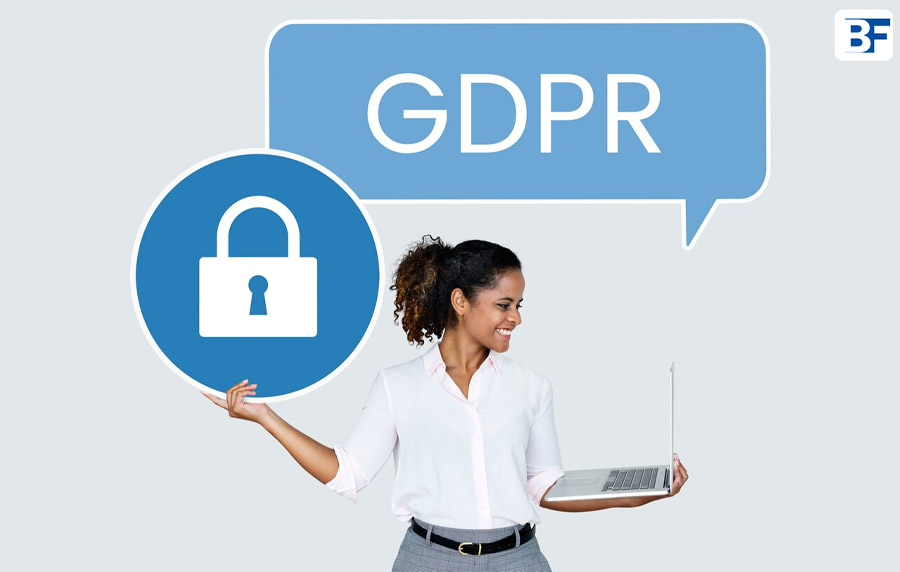GDPR is the General Data Protection Regulation. Just as we all know, we all put our data online, no matter which website it’s on, but have you thought about that? Those companies can use your data anywhere, and that’s why GDPR is helpful. It protected our basic details from being traded. It includes name, contact details, computer location, race, and sexual orientation. So, this law will make sure these companies have the right to keep your data safe.
Can you delete your data? In a way you can. You can request to transfer your data via file type. Or you requested deleting. But permission to be forgotten hasn’t been given yet.
5 Questions And Answers About GDPR Which You Must Know

Let’s start with our main concern. Here are five helpful questions about GDPR that you need to know.
- Does the EU have the power to enact GDPR in the U.S.?
Any company that is subjected to GDPR if it holds the data of a person who is in the EU, regardless of whether the process takes place in the EU or not, has the power.
2. How can I give users access to their data when requested?
You need to show all of the user’s information that you process. You can do it via any PDF file or through any other format file that they can read. So the actual point is that you need to give the person all of their data.
3. How was the small business affected? If not an EU or U.S. citizen
A company is also subject to the GDPR if it processes the personal data of a person who is EU, no matter the industry or country of origin of the business. If you work for EU citizens, GEPR is going to apply.
4. What are the consequences of a GDPR violation?
The data protection supporters say they will handle probable cases on a specific basis. There could be fines or other financial or non-financial penalties, like temporary or permanent bans.
5. What are the biggest differences between GDPR and previous rules?
If you have understood the previous rules, you will easily identify the differences. When you are giving away your data, there should be proper consent, and you need an explanation, like why they needed it and where they are going to use it. That’s why GDPR is important for many individuals; it has proper consent boxes that will work on your preferences.
Tips To Handle GDPR Compliance
You should know these tips if you are concerned about GDPR compliance.
Transparency:
Please refrain from going to the government-ba side. Lawfulness is truly important in this case; one mistake can ruin your business.
Selective data collection:
Collect the data you need for your work; don’t just pile up everything.
Accuracy:
That may not cause many issues, but you’ll get a lot from it. You need accurate information, by the way. but it comes with other rights, like the right to rectification.
Security:
Don’t forget security, the part of the right to privacy that matters.
Bottomline
The actual rules of GDPR are lawfulness, fairness, and transparency. The purpose limitations, data accuracy. and storage limitations are included in GDPR calculations. The answers to these questions will help you understand the values of the GDPR and get the all information related to the provisions and regulations.
Also Read :

